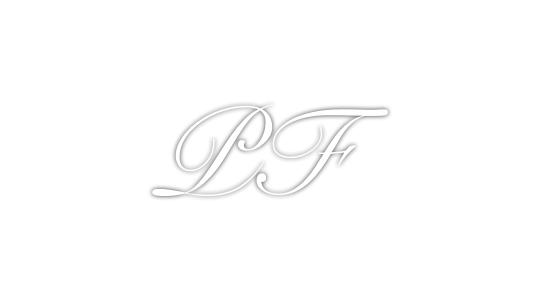03/28/21 Filed in:
Science The Origin of Life
The Origin of Life In this lesson we continue our consideration of origins by looking at the subject of the origin of life. What does the Bible teach us about the origin of life? What does Darwinism have to say about the origin of life? What are the great questions about the origin of life which any explanation must answer? What are some of the obstacles to life originating from non-living matter? Why do efforts to spontaneously create amino acids or to explain their assembly into proteins still leave the big questions regarding life unanswered? What is our universal and repeated experience regarding the source of information? What is the “chicken or the egg” problem? Even if one were able, against all odds, to get the necessary elements for a living cell from non-living matter, why would that still be an apparently insurmountable distance from having a living organism?
Lesson 26:
Review QuestionsLesson26:
Lesson NotesTags: Origin, Life, Abiogenesis, Information, Darwinism
03/21/21 Filed in:
Science The Origin of the Cosmos
The Origin of the Cosmos This is the first of several lessons on the subject of origins.Today’s lesson is on the origin of the universe. How can we who are not cosmologists or physicists discuss these kinds of scientific issues with people? How did the Hebrew and Christian view of the cosmos differ from everyone else’s throughout history? What major scientific discoveries in the twentieth century revolutionized the way science viewed the cosmos? What important implications are inherent in the new understanding of the expansion of the universe? What is the singularity or boundary? Why is it impossible for science to address the question of what was “before” the singularity? What is the Standard Model of the Big Bang? What has been the result of the attempts to come up with alternate scientifically satisfactory models to the Standard Model? What are the two kinds of causes or explanations for events? Which kind cause or explanation is necessary beyond the boundary? Why is a quantum vacuum spontaneous generation of the universe, the so called “free lunch,” not possible?
Lesson 25:
Review QuestionsLesson 25:
Lesson NotesTags: Cosmos, Origin, Universe, Creation, Big Bang
03/14/21 Filed in:
Science Understanding Science
Understanding Science In today’s lesson we began our study of questions of science that arise in apologetics by seeking to get a general view of science and its relationship to the Christian faith. Can a person who is not a trained and degreed scientist address questions related to science? What is science? What are the foundations upon which all scientific endeavor rests? What, if any, are the limits of science? What is scientism? What are two kinds of scientism and what are the fatal flaws of each? How does the Bible address the subject of science, if at all? Why do many people believe that Christianity has historically been opposed to science? What has been Christianity’s actual relationship to science in history? What does Alvin Plantinga say is the real conflict regarding science is? (61 min)
Lesson 24:
Review QuestionsLesson 24:
Lesson NotesHandout:
Quotes and AssumptionsTags: Science, Philosophy of Science, History of Science, Scientism
